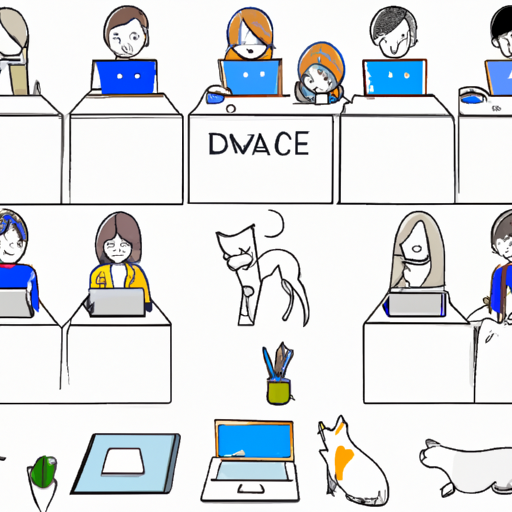
Introduction:
With the rise of telehealth in the healthcare industry, there is a growing demand for professionals who are experienced in implementing and overseeing telehealth programs. As healthcare organizations strive to provide remote care services to patients, the need for individuals with expertise in telehealth implementation planning is becoming increasingly important. In order to secure a job in this field, it is essential to have a well-crafted resume that highlights your skills and experiences relevant to telehealth. In this blog, we will discuss resume strategies for healthcare telehealth implementation planning that can help you stand out from the competition.
FAQs about Resume Strategies for Healthcare Telehealth Implementation Planning:
1. How should I organize the content of my resume?
It is recommended to start with a brief summary or objective statement that highlights your skills and experiences related to telehealth implementation planning. Then, organize the rest of your resume into sections such as education, certifications, professional experience, and skills.
2. What specific skills should I include on my resume?
Some essential skills to include are project management, knowledge of telehealth technology, healthcare regulations and compliance, data analysis, and effective communication.
3. Should I include my certifications related to telehealth?
Yes, including relevant certifications such as Certified Telehealth Coordinator (CTC) or Telehealth Clinical Educator (CTCE) can demonstrate your expertise in telehealth implementation.
4. How do I showcase my experience in telehealth implementation planning?
When describing your previous roles, highlight any projects or initiatives where you were involved in implementing and overseeing telehealth programs. Focus on the outcomes and impact of those projects.
5. Can I mention my experience with telemedicine platforms?
Absolutely, make sure to include any experience you have with specific telemedicine platforms or software, such as familiarity with Electronic Health Records (EHR) systems or teleconferencing tools.
6. Should I include any relevant coursework in my education section?
If you have completed any coursework or training related to telehealth implementation planning, it can be beneficial to include that information in your education section.
7. How important is it to quantify my achievements on my resume?
Quantifying your achievements can provide concrete evidence of your impact and can make your resume more impactful. For example, adding statements such as “Implemented a telehealth program that increased patient satisfaction by 30%” can showcase your accomplishments.
8. Should I include references on my resume?
It is not necessary to include references on your resume. Instead, you can mention that references are available upon request.
9. How can I tailor my resume for different telehealth implementation planning positions?
Read the job description carefully and identify the key skills and requirements. Then, customize your resume by highlighting relevant experiences and skills that align with the specific job requirements.
10. What are some tips for writing an effective resume?
– Keep the resume concise and only include relevant information.
– Use action verbs to describe your experiences and accomplishments.
– Proofread the resume to check for any errors or typos.
– Use a professional and clean format that is easy to read.
Conclusion:
In the rapidly growing field of telehealth implementation planning, a well-crafted resume can significantly improve your chances of landing a job. By following the strategies discussed in this blog, such as highlighting relevant skills, showcasing your experience in telehealth, and customizing your resume for each position, you can create a compelling resume that stands out to potential employers. Remember to emphasize your expertise in telehealth implementation planning, as well as your ability to navigate healthcare regulations and manage projects effectively. With a strong resume, you can position yourself as a qualified candidate in the evolving world of telehealth.




